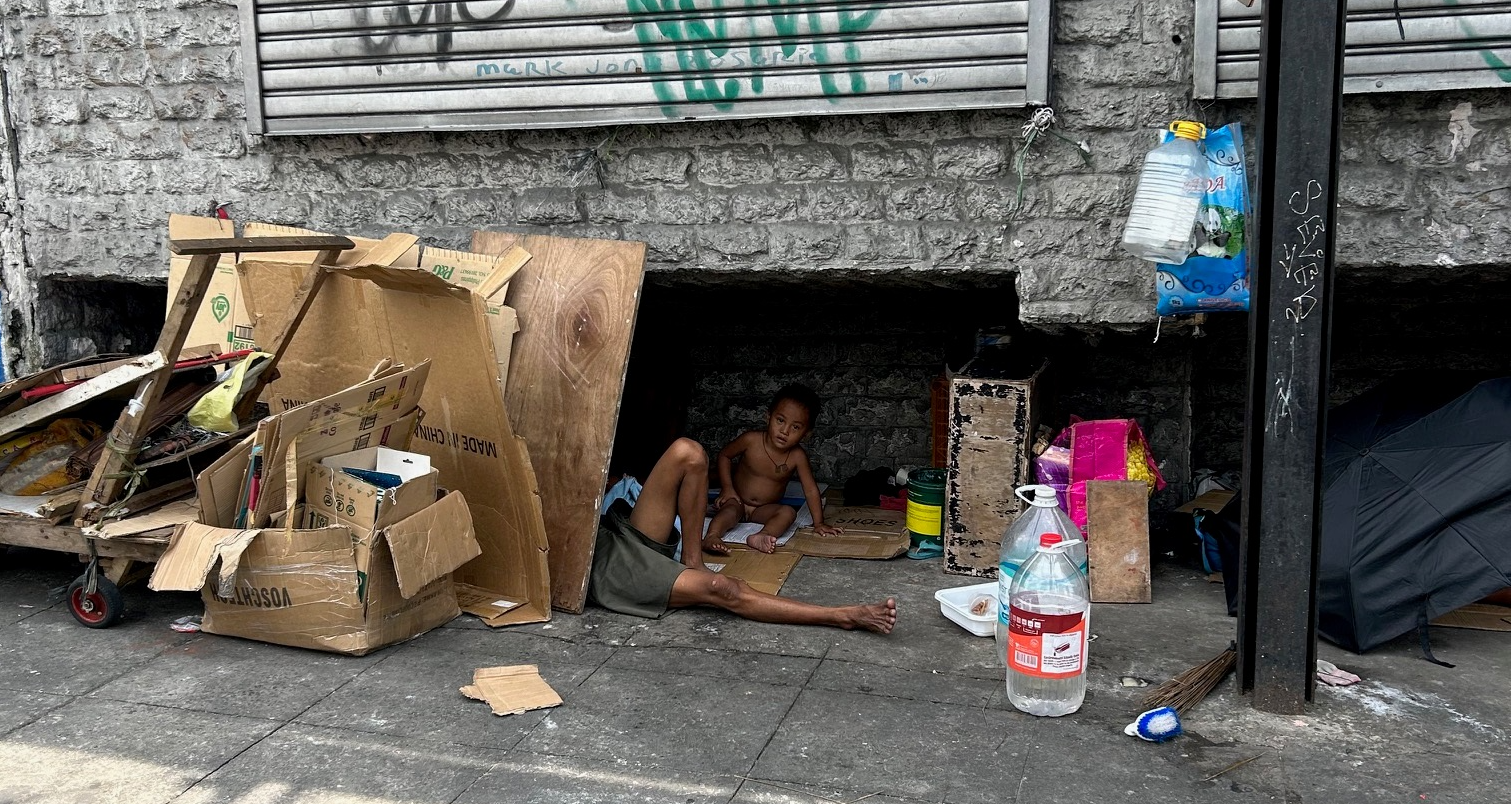Why Business Leaders Should Invest To Tackle Inequality
In February 2022, I read Frank-Jurgen Richter’s ‘Overcoming the Endemic Global Inequlity‘ with admiration and cautious optimism. It was a courageous article written for an audience that often gets unfairly labelled as the main protagonists in the ever-widening economic, educational and cultural gap between the rich and the poor.
The global economic inequality divide has been enlarging for decades, and the COVID-19 pandemic only exacerbated the trend. Reports published by IMF, World Bank, Oxfam and many other think tanks consistently call for action; but inevitably, this action almost never comes.
While the challenge of solving inequality might be vast, there is room for optimism. In my experience working in this space, almost every business leader wants to do something. Yet they feel handicapped by generating shareholder value or overwhelmed by where to begin.
What Can Business Leaders Do
Indifference to inequality is a costly choice that business leaders should not make. The onset of social media and mass democratised communication means having a CSR or Sustainability page is insufficient. Making statements about caring while not backing it up with action creates apathy amongst stakeholders and erodes trust. The cost of bad or corporate-led CSR has never been so high.
Moreover, growing evidence shows companies that combine strategic social impact investments with core business objectives outperform competitors, have increased employee productivity and retention and enhance their social and brand equity with communities, consumers and governments.
Doing good makes good business sense. The problem has always been that leaders have considered CSR a necessary evil; a need to appease rather than look at it as an opportunity to increase reputational equity, employee loyalty and stakeholder value.
Act Local
As many businesses recover after COVID-19, it provides a fresh opportunity to recalibrate social impact to act locally. COVID-19 immobilised the world and by extension, the global development community. It demonstrated the need to empower local communities and invest in decentralised development. It also showed the inefficiency of centralised decision-making.
The most critical investment a business can make is to invest in proximate leaders and changemakers in their communities. Localised social investments that improve access to education and equitable opportunity for communities where the company operates is the first step to tackling local and global inequality.
The challenge for most businesses is figuring out who these changemakers are. Too often, these changemakers are anonymous, focusing on creating sustainable community change rather than speaking about it.
Steps To Action:
Invest in Social Impact Frameworks (SIF): A functioning Corporate Social Responsibility (CSR) is no longer enough. Leaders need to invest in creating strategic social impact objectives that deliver social returns of investment (SROI).
Instil a culture of Corporate Purpose: Inviting and leading a purpose-led culture increases morale, productivity and purpose while building stronger connections among employees and leaders. I have not seen any leader who does this more than Tony Fernandes at Air Asia (Capital A). Every statement Tony Fernandes makes has a clear purpose attached to it and by extension gives agency to every employee to deliver that purpose.
Demonstrate Courage: Leaders must boldly fight for where their philanthropic and marketing spend goes. Meaningful local social impact investments almost always pay dividends and compound over time.
These steps are critical to stop the growing inequality tide in the short term. Local wins will multiply and inspire other, more ambitious actions. Business leaders are not expected to solve extreme inequality, but they have a business and human obligation not to ignore it.
Marko Kasic is the Founder and Managing Director of FundLife International. He is also a lead advisor for FundLife Impact, a social impact consultancy.
Marko will attend the Horasis Global Meeting in Gaziantep on Oct 22-23, and Horasis Asia Meeting in Binh Duong on Dec 3-4.



